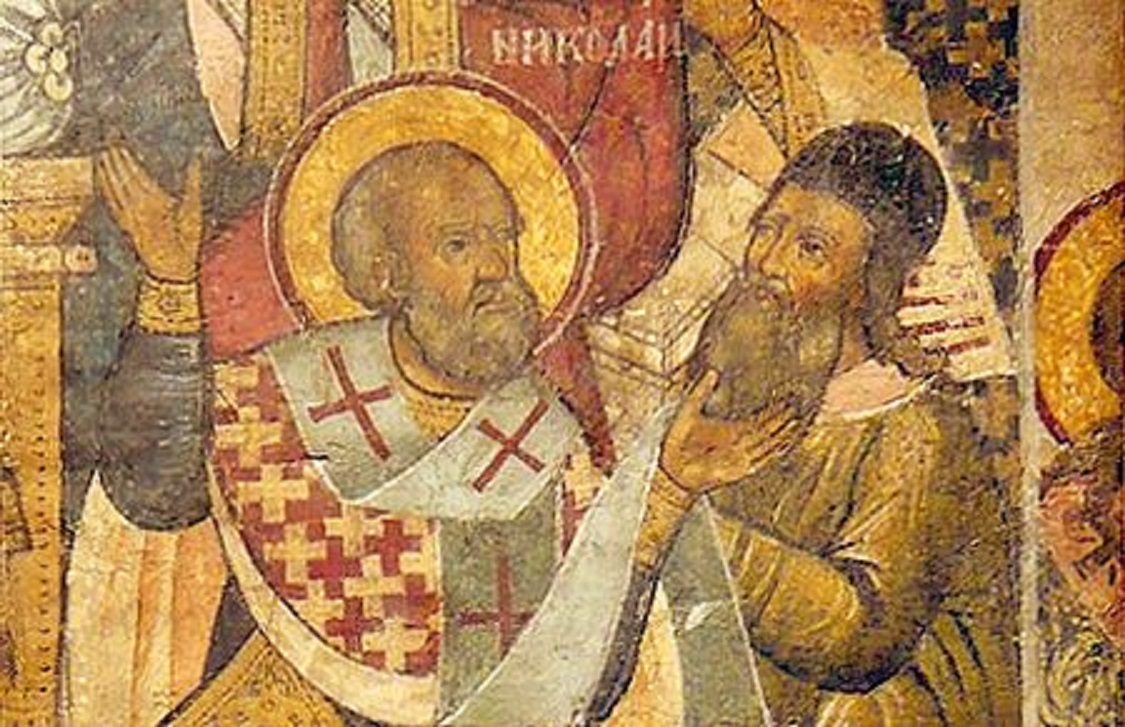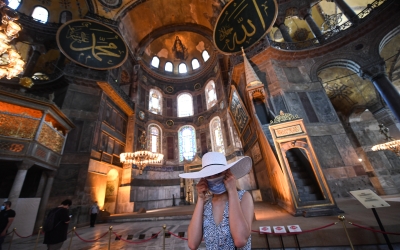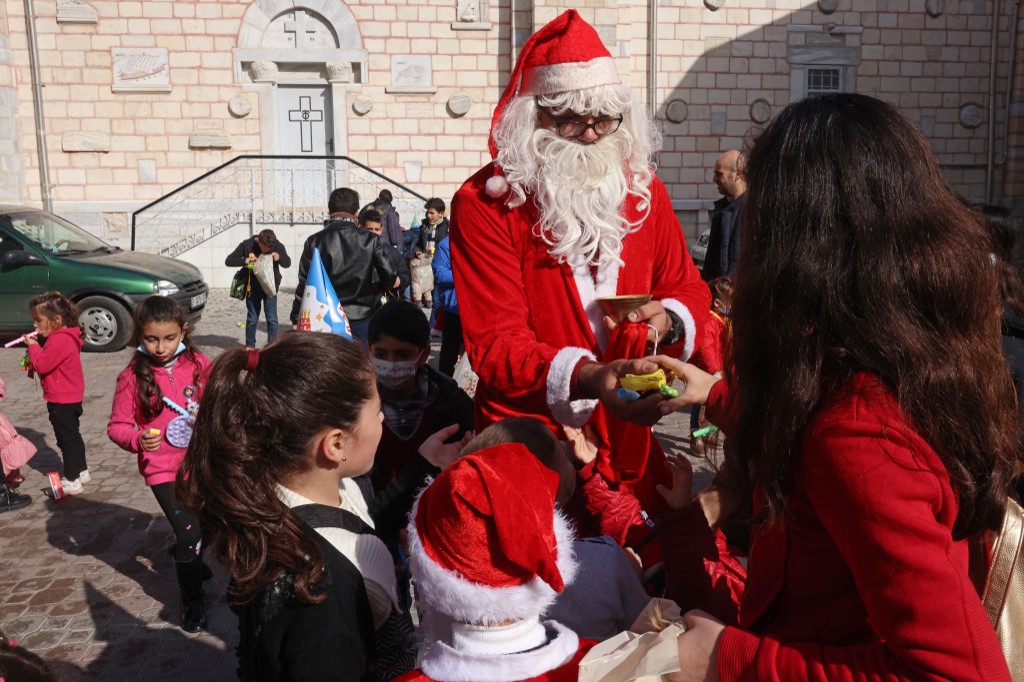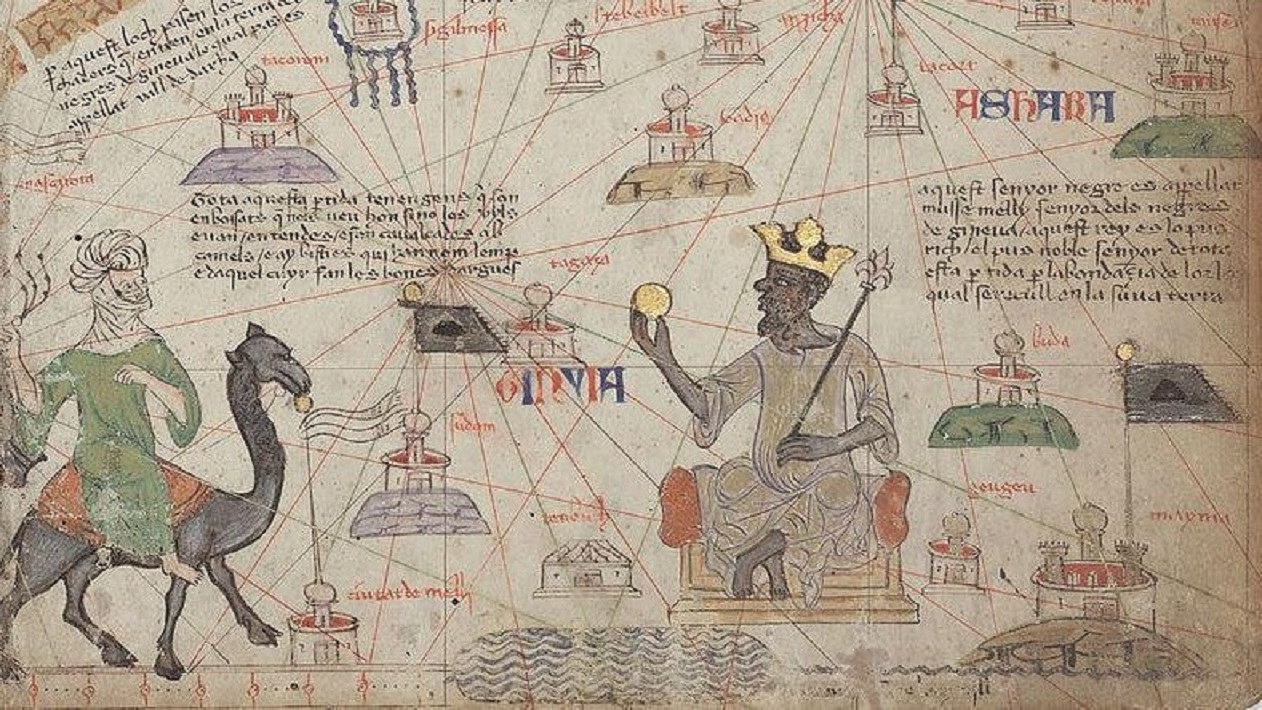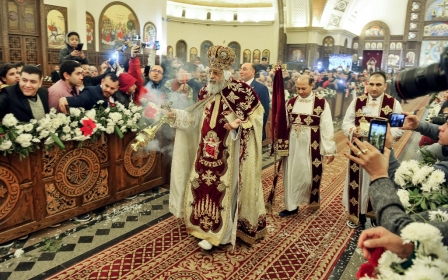Searching for Santa in the Muslim world: The importance of gift giving in Islamic culture
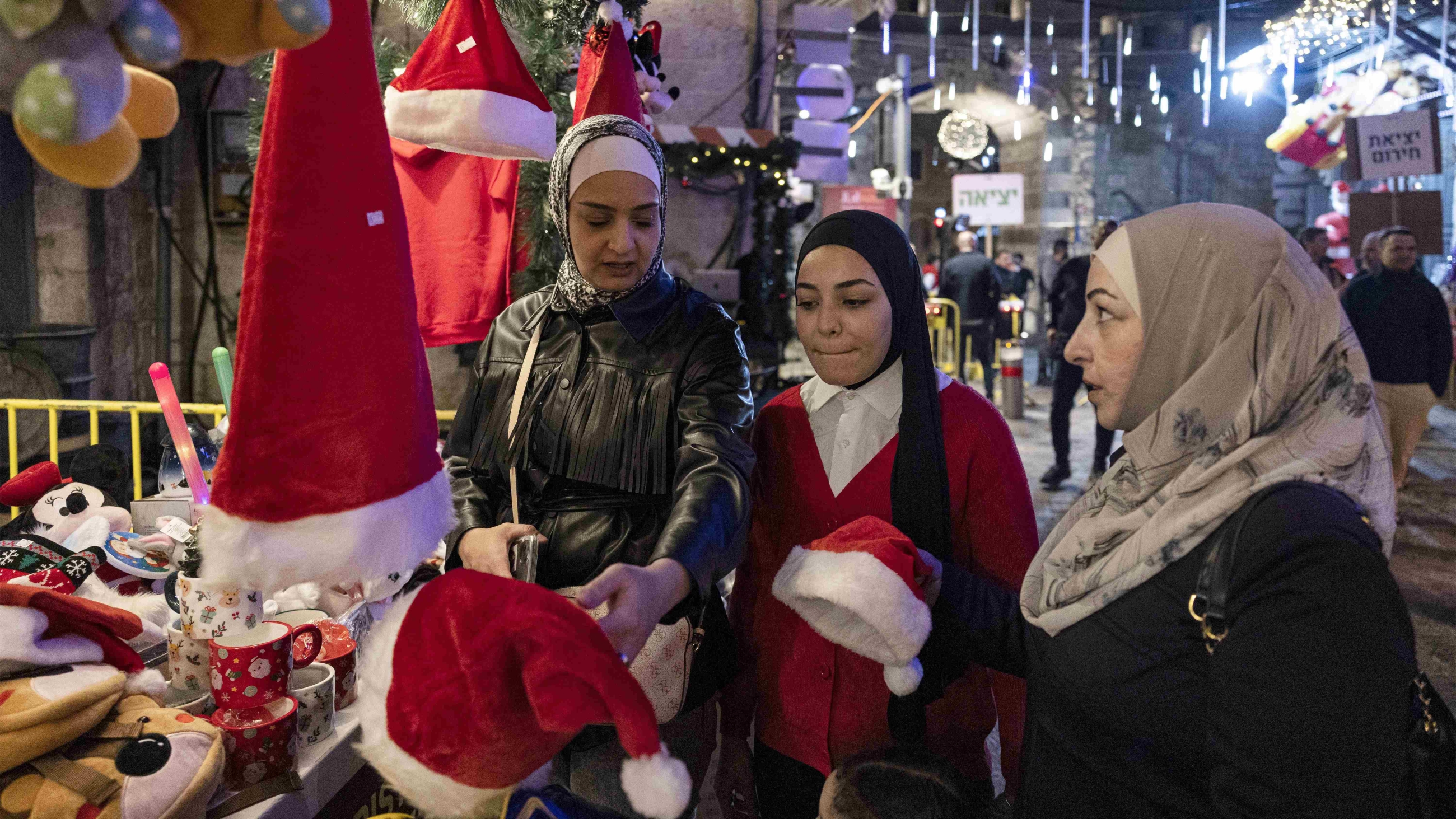
Who doesn’t love receiving gifts? Especially during the holiday season when the streets are aglow with bright and colourful displays, markets are filled with children, families and large crowds hustle and bustle in an attempt to get last-minute shopping done.
The tradition of gift-giving has existed for time immemorial, traversing cultures and religions for millenia as far back as the Stone Age.
However, nowadays ritualised gift-giving, specifically during Christmas, is at its worst becoming just another means of revenue for large corporations.
The true spirit of Christmas has become somewhat lost today with once revered symbols, such as Christmas trees, jingle bells and yes, even Santa Claus himself, serving the end of material consumption.
Gift giving and its association with Christianity stem back to the story of the three wise men, who came to the infant Jesus bearing gifts of gold, frankincense and myrrh.
That tradition later merged with the character of the fourth century Anatolian bishop, Saint Nicholas, who we today know as Santa Claus.
A much loved mythical character, known to the modern world as the jolly man with a wispy white beard, adorned in soft velvety red clothes, Santa or Saint Nick spreads Christmas cheer by travelling the world in a single night, delivering toys to children on a magic sleigh pulled by his flying reindeer.
In doing so, he taps into one of our most deeply held archetypes; that of the paternal figure motivated by altruism and the need to bring joy to those most needy.
Saint Nicholas, who lived in a town called Myra, in today’s Turkey, was a gift-giver and earned a reputation as a protector of vulnerable groups of people, especially women.
In one story, it is reported that he dropped three bags of gold down a chimney to pay the dowry of a trio of impoverished girls - a possible origin for the legend of Santa climbing down chimneys to leave presents.
His acts of charity and kindness birthed many of today’s Christmas giving traditions, demonstrating virtues that would also be encoded into Islam.
Strip away the white beard, the red uniform and the reindeers, and readers will find characters in Arab and Islamic culture who represent the value of generosity.
An Arab Santa Claus?
Gift-giving has always been part and parcel of Islam, as attested to by the prophetic tradition that encouraged the exchange of gifts to strengthen social bonds.
From simple gestures to greater expressions of love, the act of gift-giving and charity in Islam is evidenced in innumerable religious stories.
In one instance attributed to the Prophet Muhammad, a delegation from Bahrain gifts him with a large sum of money. His response to the gift is to “spread” the award out among the worshippers at the mosque.
While there is no Muslim or Arab Santa Claus, there are many figures who embody the same values of generosity and charity in Islamic and pre-Islamic history.
Once such figure is Zayd ibn Amr, a contemporary of the Prophet Muhammad, who was born into his tribe of Quraysh in the late sixth century, just before the advent of Islam.
Revered by Muslims for his monotheistic beliefs, Zayd’s character and the stories attached to him were later incorporated into the Islamic tradition.
Like Saint Nicholas, he protected poverty-stricken young girls from death by taking them into his care, this at a time where certain tribes were known to particularly mistreat young females.
One particularly brutal pre-Islamic ritual recorded in Islamic sources involved burying infant daughters alive so that parents could avoid the costs involved in raising them.
Arab culture has long prized generosity and acts of charity, as evidenced in Arab cultural fables.
“More generous than Hatim,” says an old Arab proverb, referring to the legendary generosity of Hatim Al-Tai, a historic figure mentioned in the fictional Arabian Nights.
Al-Tai was a tribal leader who lived during the sixth century, he was renowned for his generous nature, giving away his possessions to friend and foe alike.
In one story, Hatim’s priceless Arabian horse caught the attention of a king, who wanted it as his own and dispatched a messenger to purchase the animal.
On arrival, Hatim greeted them and invited them to a feast and, at the conclusion of the meal, he asked the delegation what their business was.
When they informed him that they had travelled to purchase his prized horse, Hatim informed them that he was no longer in a position to give them the horse, as he has just slaughtered it for their meal.
Another generous historical figure was Hashim, the forefather of Prophet Muhammad and the then leader of Mecca.
Originally named Amr, he acquired the name Hashim meaning "to break"’ as he became known for his charity of breaking bread and feeding others.
One year, amid a severe dry spell, Mecca fell victim to a drought which forced Hashim to travel to Palestine, where he purchased all of the available flour and fed the entire city upon his return.
Generosity within Islam
While the examples above stem mostly from pre-Islamic culture, the ideals contained within the stories became embedded in the Muslim mindset.
Acts of giving are not tied to specific holidays, as with Christmas, and extend beyond the Muslim festivals of Eid.
Such acts of giving are predicated on the belief that the only true wealth is with God and that material wealth is ultimately without value.
Adherence to this ideal is evidenced in the story of Mansa Musa, the legendary Muslim emperor of Mali known for his religious piety and vast wealth.
On route to perform the pilgrimage in Mecca, the world was awakened and bore witness to the astounding wealth of Mali. He flooded Cairo with his kindness leaving no palm without gold.
Reports suggest the emperor gave away so much gold in the Egyptian capital that the value of the precious metal decreased there for around 12 years.
Later in the Ottoman Empire, imperial consorts were known to endow their personal wealth generously for the setting up of water wells, mosques, hospitals and various other public services.
Notable among these royal philanthropists was Nurbanu Valide Sultan who commissioned the chief Ottoman architect, Mimar Sinan, to build the Atik Valide Mosque in Istanbul.
The complex included a seminary, hospital, caravanserai, where travellers would seek shelter, and a Turkish bath.
Both Islam and Christianity share legends, values and ideals associated with charity and gift-giving and have the same distrust of consumption and material shallowness.
Saint Nicholas represents the Christmas spirit and a universally recognisable impulse to bring joy to those around us, and while there is no Santa Claus for Muslims per se, that impulse towards generosity finds ample grounding in Islam.
That’s a lesson both Christians and Muslims can take on board during the holiday season.
This article is available in French on Middle East Eye French edition.
Middle East Eye delivers independent and unrivalled coverage and analysis of the Middle East, North Africa and beyond. To learn more about republishing this content and the associated fees, please fill out this form. More about MEE can be found here.


